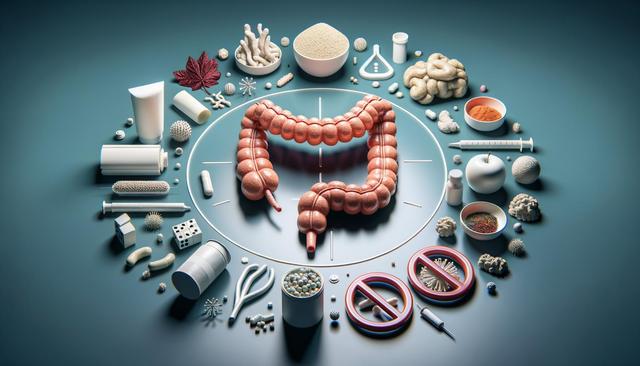What to Know About Colon Cancer Symptoms
Recognizing Early Symptoms
Colon cancer often starts with subtle symptoms that can easily be overlooked. Early detection is vital, as it greatly increases the chances of successful treatment. Some initial symptoms might include changes in bowel habits, such as diarrhea or constipation, which persist for more than a few days. Additionally, a feeling that your bowel does not empty completely can also be a sign. It’s crucial to pay attention to these changes and consult a healthcare professional for further evaluation if they persist.

Understanding Risk Factors
Various risk factors can increase the likelihood of developing colon cancer. These include age, as individuals over 50 are at higher risk. Family history also plays a significant role, particularly if a close relative has had colon cancer or polyps. Lifestyle choices such as a diet high in red or processed meats, low physical activity, and smoking can also contribute to the risk. Being aware of these factors can help in taking preventive measures and encourage regular screenings.
Identifying Advanced Symptoms
As colon cancer progresses, symptoms may become more pronounced. These can include persistent abdominal discomfort, such as cramps, gas, or pain, and a noticeable change in stool consistency. Unexplained weight loss is another symptom that should not be ignored. It’s important to note that these symptoms can overlap with other medical conditions, which is why medical advice is essential for an accurate diagnosis.
Importance of Regular Screenings
Regular screenings are a critical component in the early detection of colon cancer. Colonoscopies are considered one of the most effective screening tools, as they can detect precancerous polyps that can be removed before they develop into cancer. Other screening methods include stool tests that check for blood or abnormal DNA. The frequency of these screenings depends on individual risk factors, so it’s important to discuss with a healthcare provider to determine the best screening schedule.
Steps for Prevention
While not all cases of colon cancer can be prevented, certain lifestyle changes can significantly reduce risk. Maintaining a healthy diet rich in fruits, vegetables, and whole grains, while reducing red and processed meats, is beneficial. Regular physical activity and avoiding tobacco can also lower risk. Additionally, limiting alcohol consumption and maintaining a healthy weight are important preventive measures. By incorporating these habits into daily life, individuals can take proactive steps towards reducing their risk of colon cancer.
